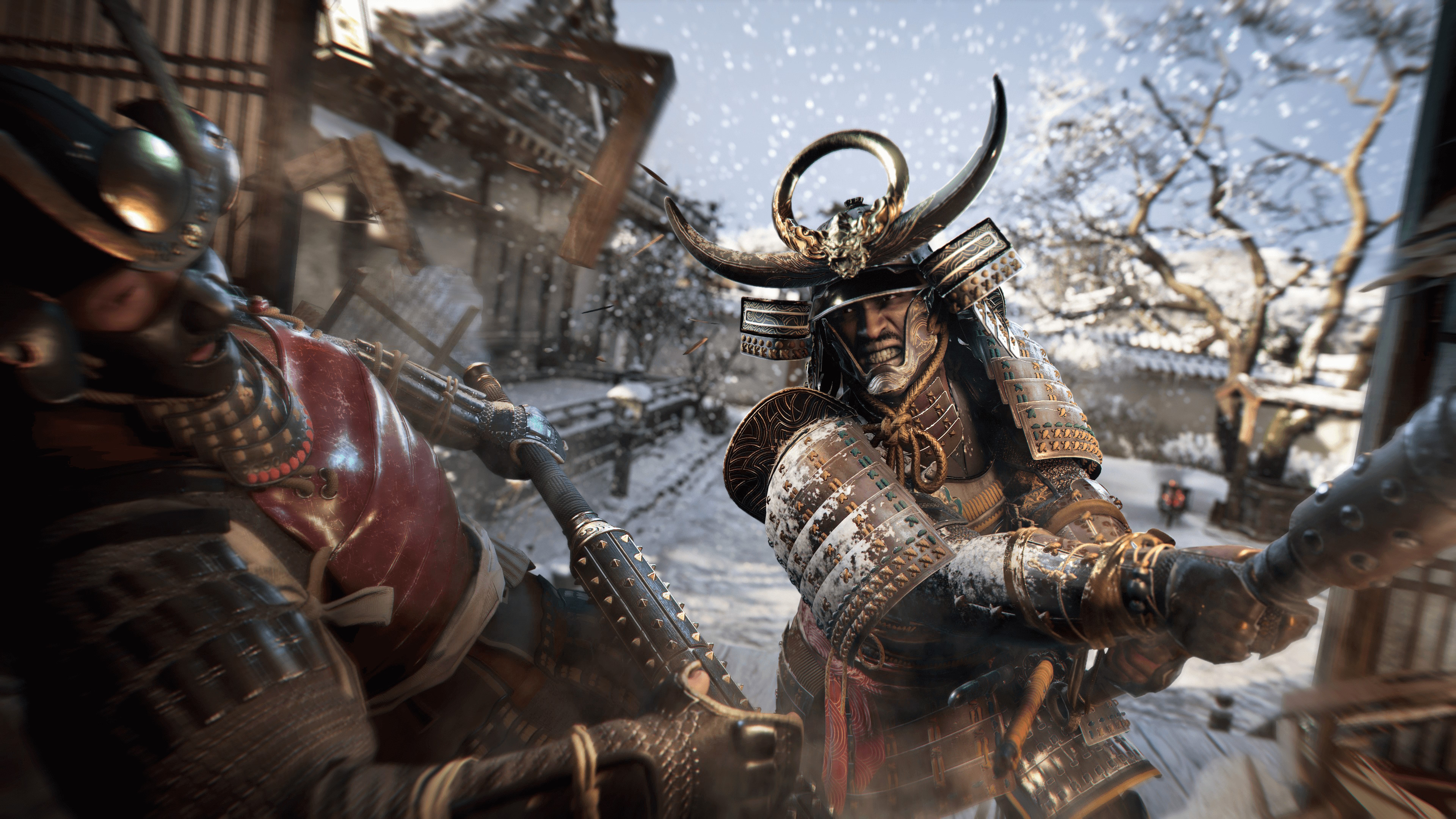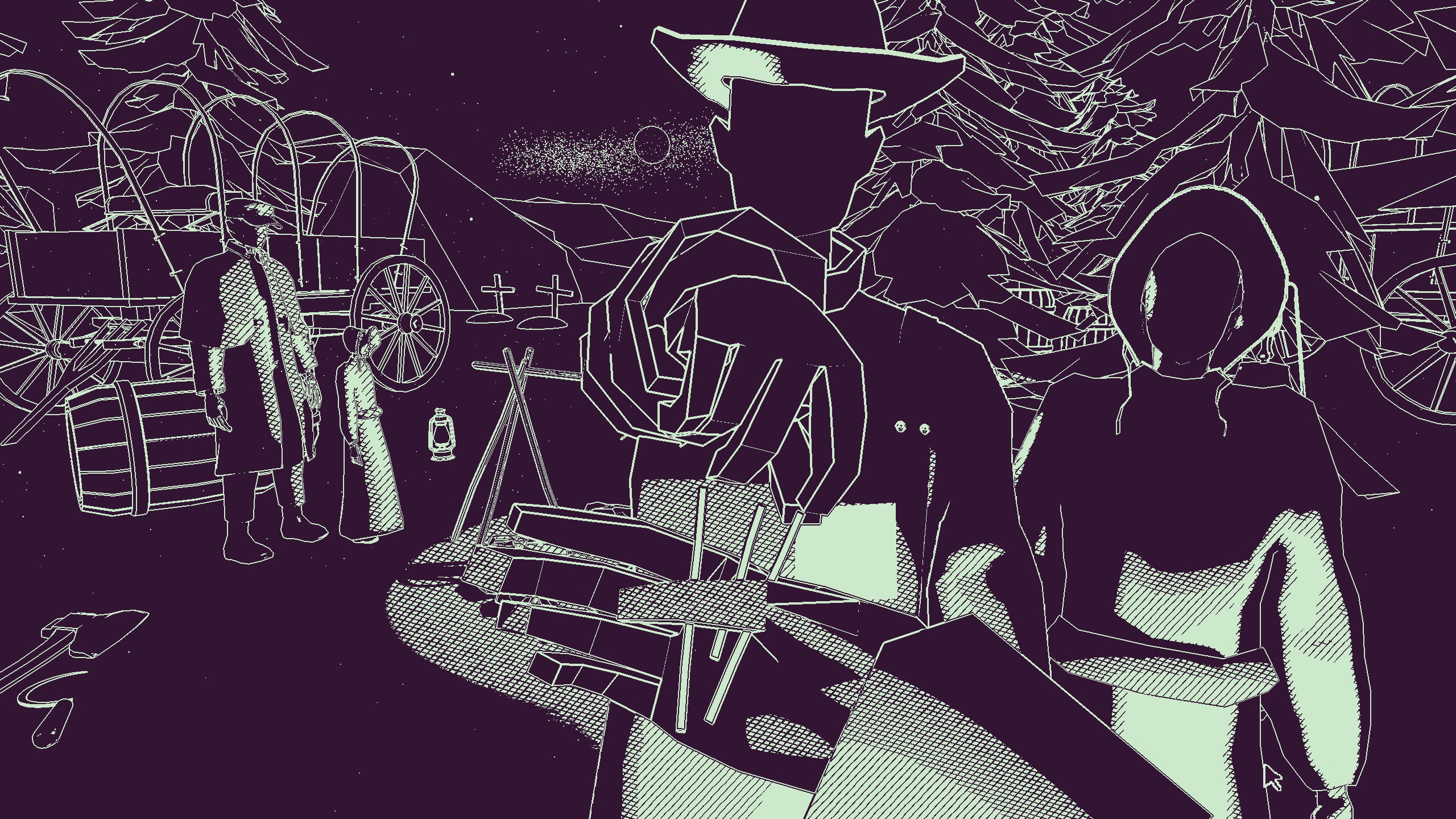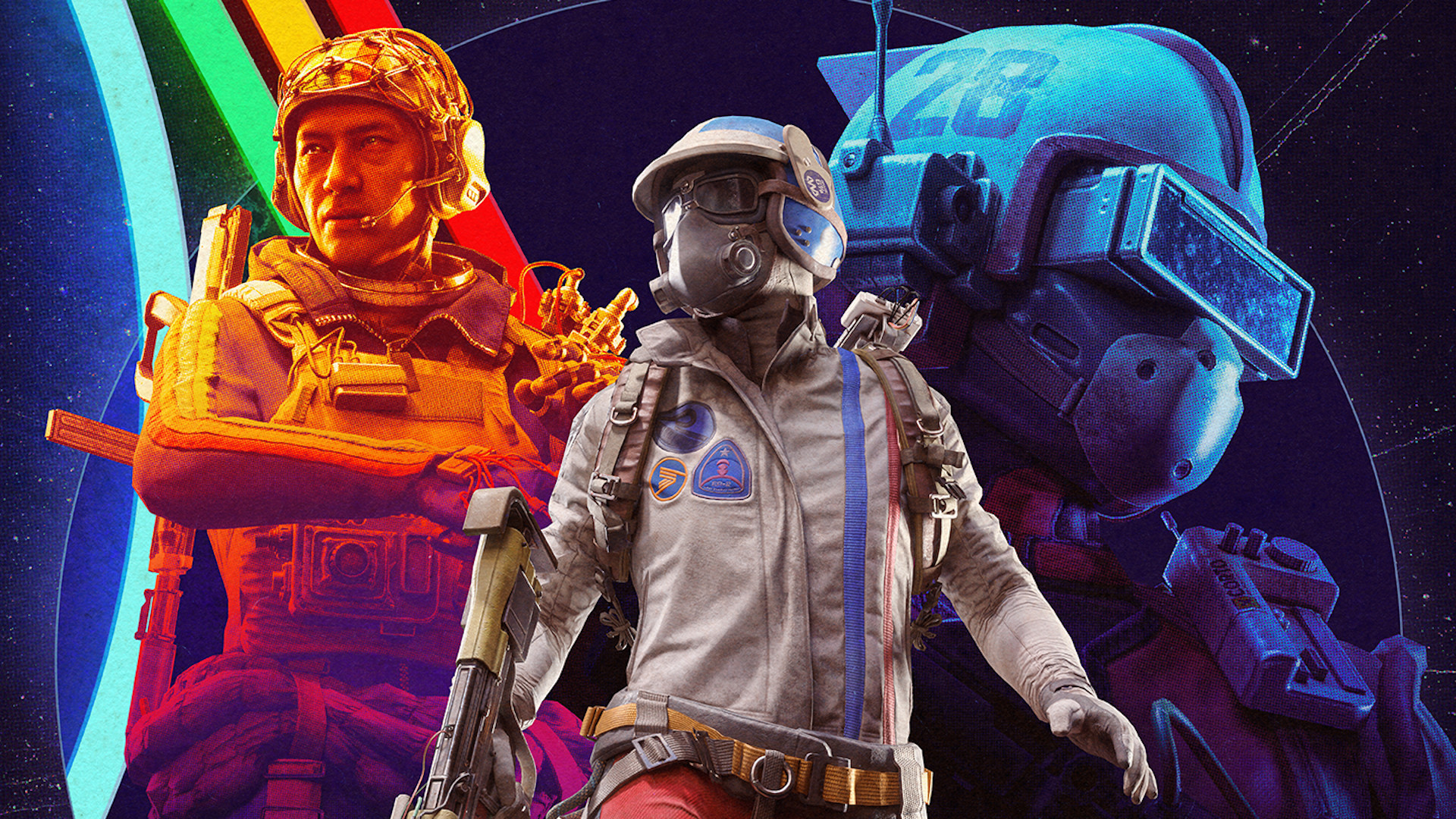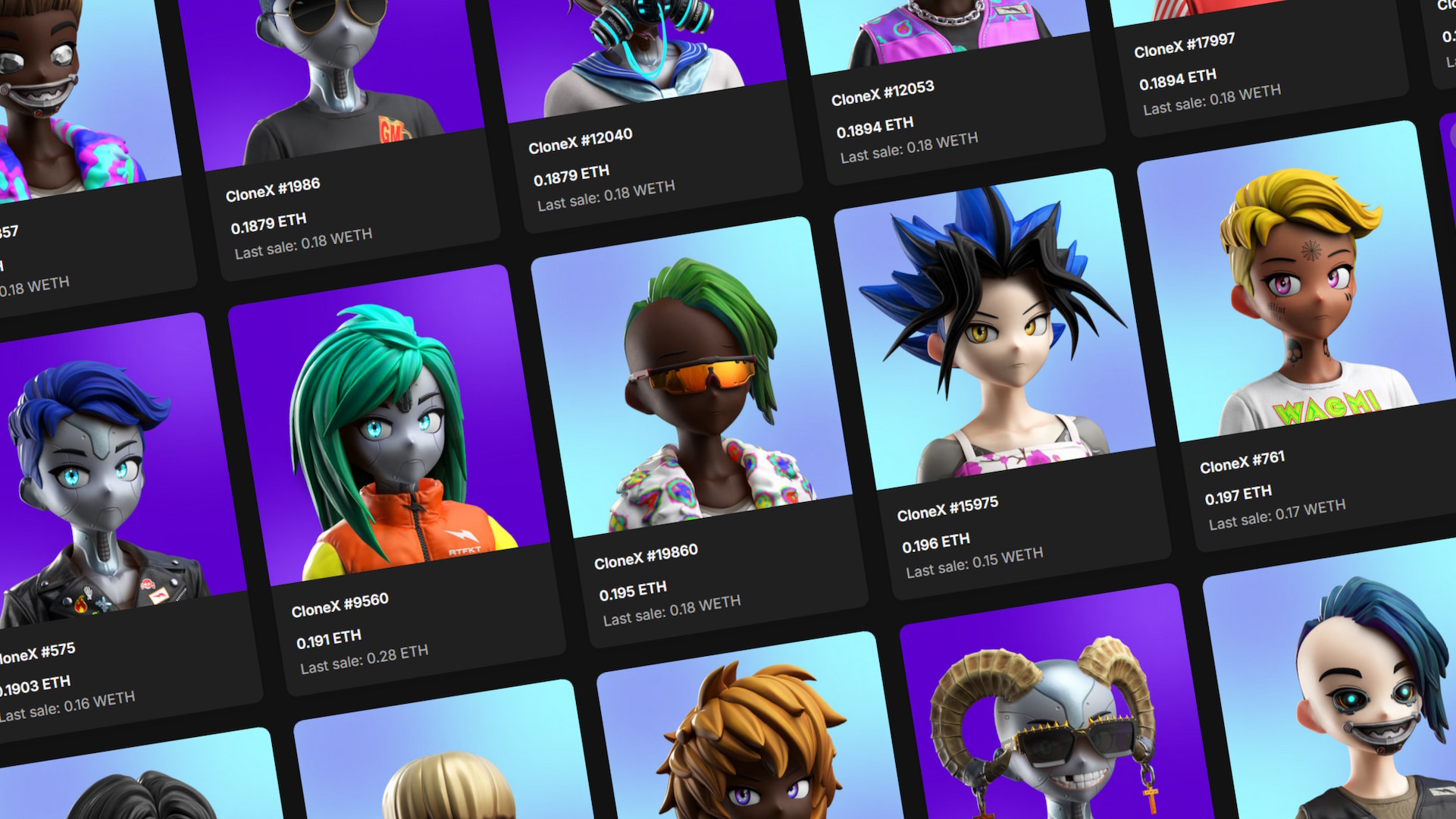
Musk claimed that the use of the historical figure was part of an initiative that "kills art".
Assassin’s Creed Shadows has returned to the dual protagonist system that we last saw in Syndicate, letting us play as two characters—rather than having us just pick either a male or female protagonist as in Odyssey and Valhalla—with different playstyles. This immediately prompted a backlash, not because people don’t want to have two protagonists, but because one of them happened to be a Black man.
Yasuke is an enigmatic historical figure who lived in Japan in the 16th century and is the first African to be officially recorded in the country. He arrived in Japan with Christian missionaries, after which he became an attendant of Oda Nobunaga. We don’t know a lot about Yasuke, but as an outsider who went on to serve one of the most powerful men in Japan, his story is naturally intriguing, and perfect for Assassin’s Creed, which uses history as a springboard to tell its own stories.
When Ubisoft was researching its latest game, “Yasuke kept surfacing,” executive producer Marc-Alexis Côté told Stephen Totilo in a Game File interview. “We’ve got a super-mysterious historical character from which not much is known about. And for us, it was what we want in AC.”
The moment Yasuke was shown off, though, his inclusion faced criticism from certain angry corners of the internet where he was perceived to be an example of the mythical left-wing agenda to destroy videogames with “wokeness”.
Some couched their criticisms in concerns about historical accuracy, despite Yasuke being a real person and Assassin’s Creed being a videogame series where an ancient species of non-humans ruled Earth more than 70,000 years ago. Others were more overt and openly racist, offended by the idea of a Black man starring in a game set in Japan.
On May 24, Elon Musk decided to throw his opinion into the mess, replying to a tweet about the game with “DEI kills art”. DEI stands for diversity, equity and inclusion, and is a policy that organisations can use to promote equal treatment and involvement of all people, especially people who are usually underrepresented. It wasn’t exactly a nuanced take.
“That tweet generated emotions, that…the first thing I wanted to do was go back on X—that I had deleted—and just tweet back,” said Côté. “For me, Elon, it’s sad, he’s just feeding hatred. I had a lot of three word replies that came to mind.” But he didn’t reply to Musk. “By attacking someone like Elon… I will not convince people about our point of view as a team.”
As for the team’s point of view, it’s that “Yasuke is very, very grounded in the history of the franchise and how we make our choices.” So naturally Côté refutes Musk’s claim that Ubisoft is adhering to a policy or quota by telling a story about a Black historical figure.
“What Elon says is not the game that we’re building. People will have to play the game for themselves. And if, within the first 11 minutes and 47 seconds, they are not convinced of what we’re doing, we can have the discussion.”
It’s a very specific amount of time, and Côté isn’t giving anything away about what’s shown off at that specific moment, but “the answer is there,” he says, adding “I just hope and wish that people can keep an open mind about this and see the game for what it is. It’s an Assassin’s Creed game, and I believe the best one we’ve ever built.”
I really enjoyed Odyssey and Valhalla, but I’m pretty burned out when it comes to Ubisoft’s open world design. That said, the Sengoku period (and its final part, the Azuchi–Momoyama period, which Shadows specifically covers) is a fascinating time in Japanese history, so I’m pretty interested to see how Ubisoft ties Yasuke into the upheaval.






